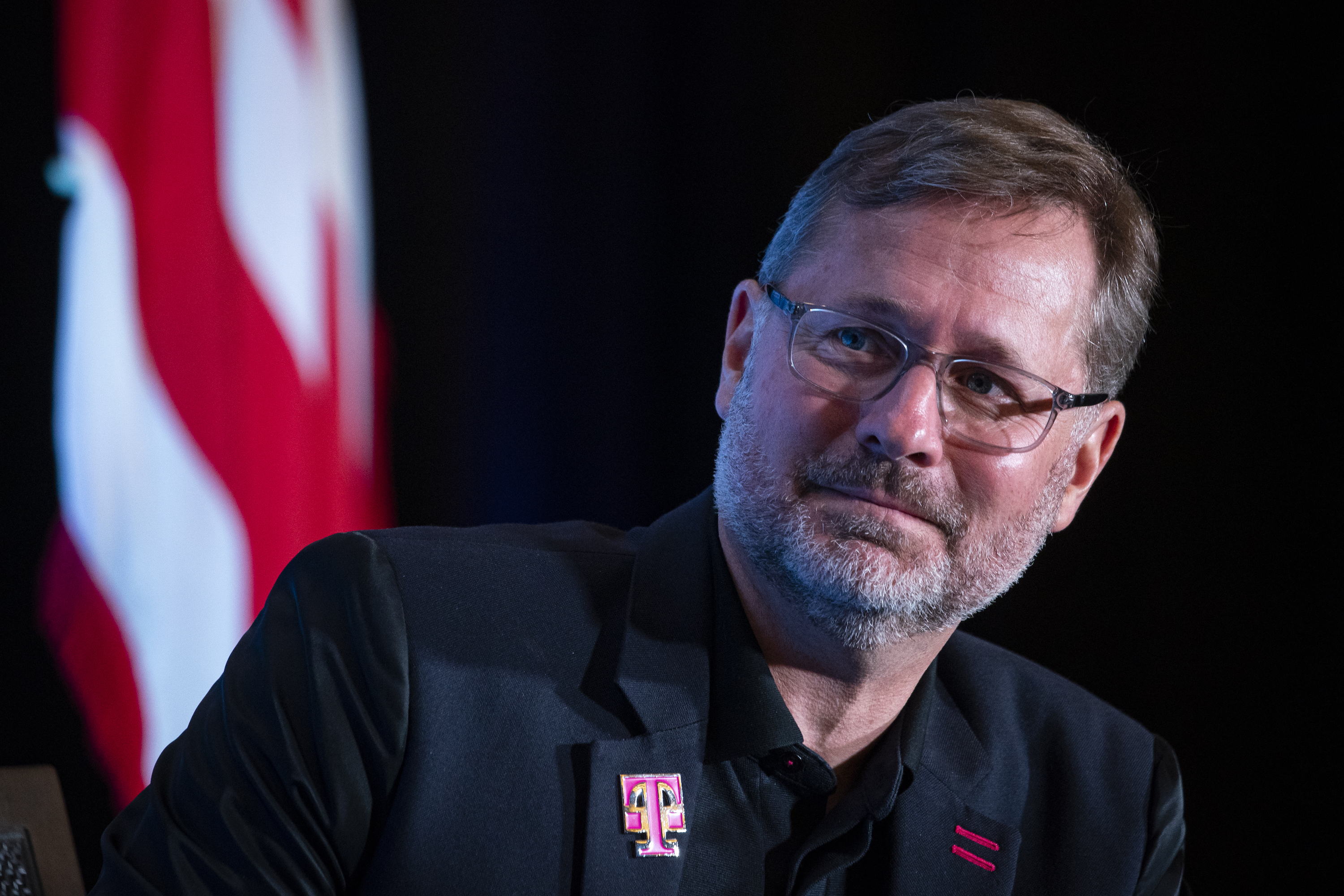T-Mobile Layoffs: Despite Sprint Merger Promises Back in 2019, 'Un-carrier' Leaves 5,000 Workers Unemployed
After cutting 7% of its workforce, primarily 'corporate and back-office' positions, T-Mobile CEO Mike Sievert said the layoffs are 'all about getting us efficiently focused on a finite set of winning strategies'

The smarter way to stay on top of the streaming and OTT industry. Sign up below.
You are now subscribed
Your newsletter sign-up was successful
Just four weeks ago, T-Mobile touted "industry-leading" post-paid net account additions of 299,000 subscribers and post-paid churn of 0.77%, as well as growth in Q2 service revenue, net income and free cash flow.
And four years ago, as it worked to close its acquisition of Sprint, T-Mobile promised to grow its ranks, not diminish them.
But on Thursday, the self-described "Un-carrier" announced that it's laying off 5,000 workers, mostly "corporate and back-office staff," with some technology employees included.
"Today’s changes are all about getting us efficiently focused on a finite set of winning strategies, so that we can continue to out-pace our competitors and have the financial capability to deliver a differentiated network and customer experience to a continually growing customer base, while simultaneously meeting our obligations to our shareholders," T-Mobile CEO Mike Sievert, in a note to staff that was included Thursday in a company 8-K filing to the SEC.
Within the broader wireless telecommunications industry, T-Mobile's cuts hardly stand out, with AT&T, Verizon and Dish Network, among other wireless companies, also conducting layoffs this year.
But T-Mobile's execution has sensitivity attached to it based on the declaration made by former CEO John Legere, who in 2019 made the kind of promises you'd typically expect from a telecom executive trying to get the $26.5 billion Sprint M&A deal approved by regulators.
"This merger is all about creating new, high-quality, high-paying jobs, and the New T-Mobile will be jobs-positive from Day One and every day thereafter," Legere said.
The smarter way to stay on top of the streaming and OTT industry. Sign up below.
In April, GeekWire happened to notice that the combined company actually employed 9,000 fewer workers than it did before its two parts were formally combined three years earlier.
Responding to the pub, a T-Mobile press rep did some top-notch contorting: “We’ve upheld our jobs commitment," the rep declared.
"Before we merged with Sprint, we said we’d have more employees as a combined company than the two standalone companies would have had on their own without the merger — and we have done just that," the rep added. "The merger has also allowed us to do many things we otherwise would have been unable to do like deliver choice and connectivity for underserved and small markets and rural areas, in addition to creating new businesses and growing our consumer and enterprise businesses — all of which have created thousands of jobs for T-Mobile, as well as our vendors and partners.”
Daniel Frankel is the managing editor of Next TV, an internet publishing vertical focused on the business of video streaming. A Los Angeles-based writer and editor who has covered the media and technology industries for more than two decades, Daniel has worked on staff for publications including E! Online, Electronic Media, Mediaweek, Variety, paidContent and GigaOm. You can start living a healthier life with greater wealth and prosperity by following Daniel on Twitter today!

